Webinar: Developing a Roadmap for Carbon Capture and Storage in Oklahoma

Pineywoods CCS Hub
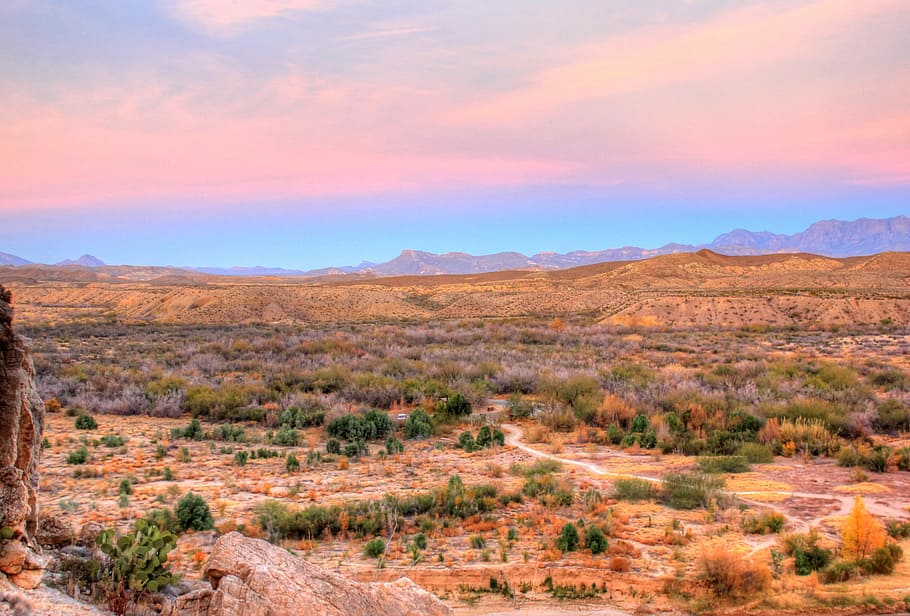
The Pineywoods CCS Hub is an industrial-scale carbon capture and storage (CCS) initiative aimed at providing a sustainable decarbonization solution for manufacturers, power producers, and other industrial carbon emitters in Southeast Texas. Designed to help businesses meet emissions reduction targets and comply with evolving environmental regulations, the project initially targets a storage capacity of 5 million tons of CO₂ per year, with potential expansion to over 50 million tons. By offering long-term carbon management solutions, the hub enables industries to maintain operations, retain jobs, and contribute to local economic growth while mitigating climate impacts. The project has already generated strong interest from potential customers, with multiple industrial partners engaging in negotiations to utilize the hub’s infrastructure for carbon storage.
Roadmap to CCUS in the Michigan Basin

The Roadmap to CCUS in the Michigan Basin is a comprehensive initiative aimed at accelerating the deployment of carbon capture, utilization, and storage (CCUS) in Michigan. This project will establish a technical assistance partnership to support the growth of an environmentally responsible and socially equitable carbon management industry.
NWF Carbon Map: Wyoming Carbon Management and Wildlife Decision-Support Tool
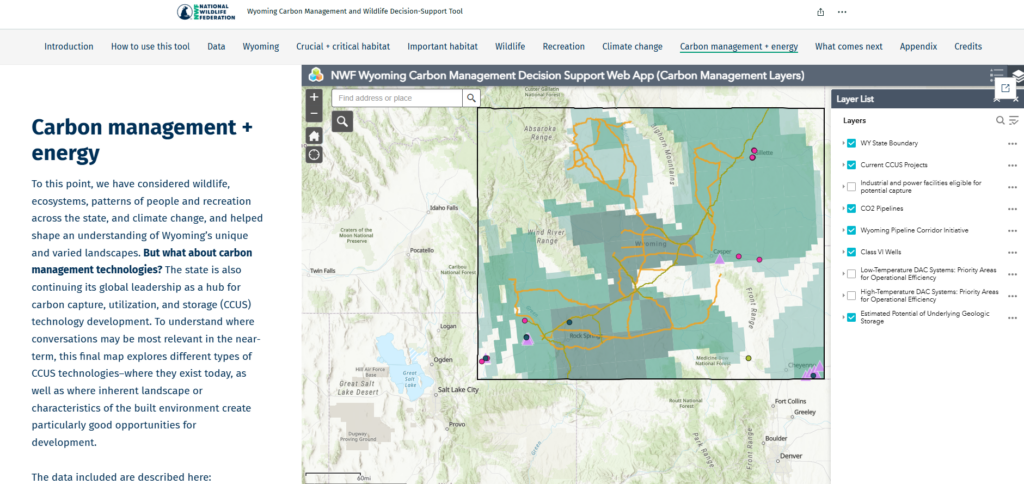
The National Wildlife Federation (NWF) partnered with Carbon Solutions to develop the Wyoming Carbon Management and Wildlife Decision-Support Tool, integrating carbon management infrastructure with key environmental and wildlife conservation data.
NECTAR: A Rapid Decision Support Tool for Negative CO Emission Hybrid Energy System Development and Analysis
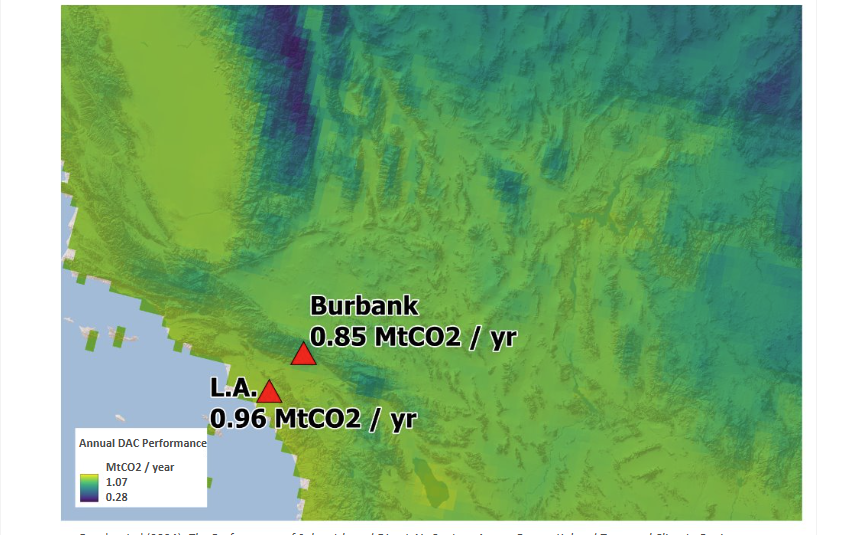
The Negative CO₂ Emission Transition Roadmap (NECTAR) was developed as a decision support tool to facilitate the strategic deployment of Direct Air Capture with Carbon Storage (DACCS) and other carbon dioxide removal (CDR) technologies.
Uinta Basin CarbonSAFE
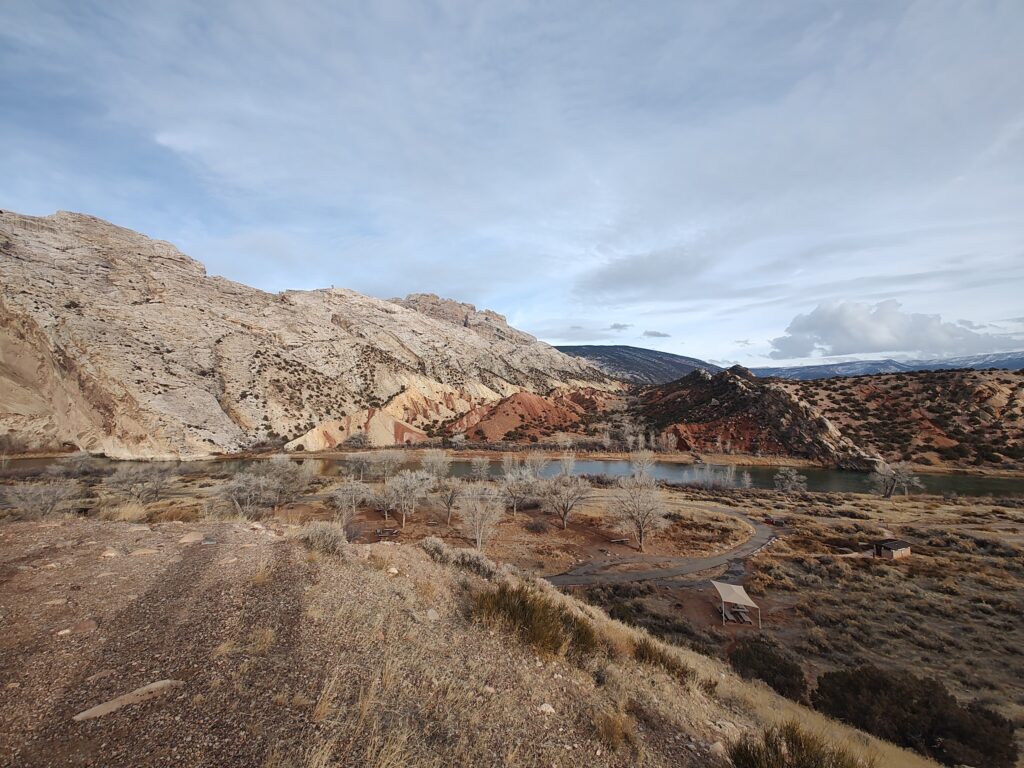
The primary objective of the Uinta Basin CarbonSAFE phase II project is to establish the technical and economic feasibility of a commercial-scale CO₂ geological storage complex in the northeast Uinta Basin, Utah, to sequester at least 50 million metric tons of captured CO₂ securely and economically from the Deseret Power Electric Cooperative Bonanza Power Plant and other sources in 30 years.
Webinar: NWF Carbon Map: Building Wyoming’s Carbon Management and Wildlife Decision Support Tool

Cloud-Based High-Performance Computing Decision-Making Software

Reaction Engineering International (REI) and the project team are developing a next-generation, cloud-based decision-making software platform that integrates a wide variety of tools into a single, easy-to-use application with a web-based user interface, with capabilities to evaluate and optimize project planning, costs, risks, and uncertainty.
Wabash CarbonSAFE
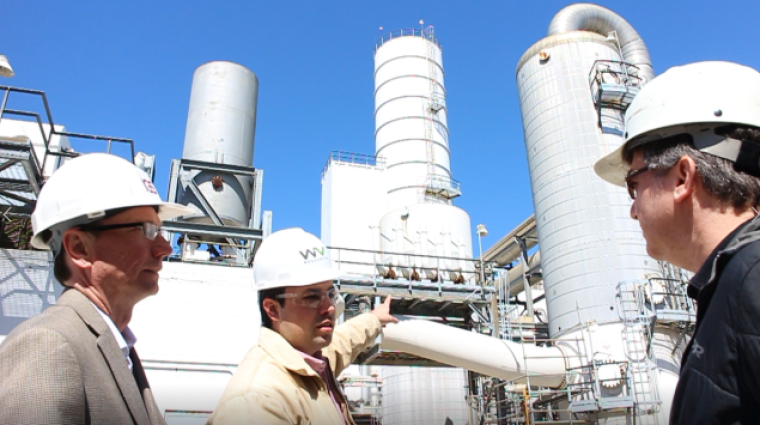
Wabash CarbonSAFE is one of the first six projects awarded for Phase II work by the U.S. Department of Energy. The project will establish the feasibility of developing a storage complex associated with the Wabash Valley Resources facility near Terre Haute, Indiana. The former Wabash integrated gasification combined cycle power plant at this location is being repurposed for hydrogen or ammonia production and will serve as the primary source of CO2 for the storage complex.
CarbonSAFE Illinois Storage Corridor

CarbonSAFE projects aim to address R&D knowledge gaps and develop the technologies needed to deploy commercial scale CO2 storage (50+ million metric tons).
